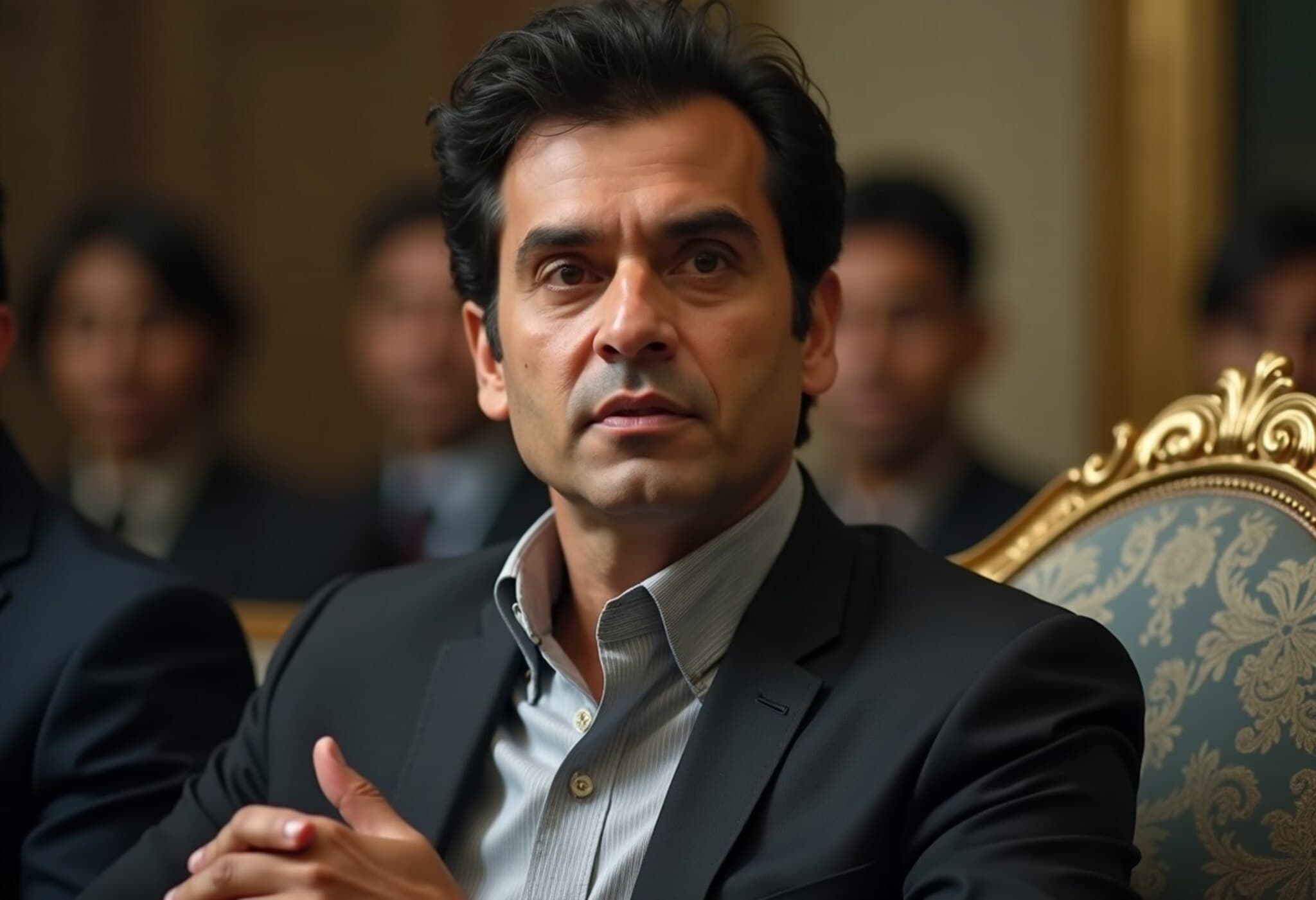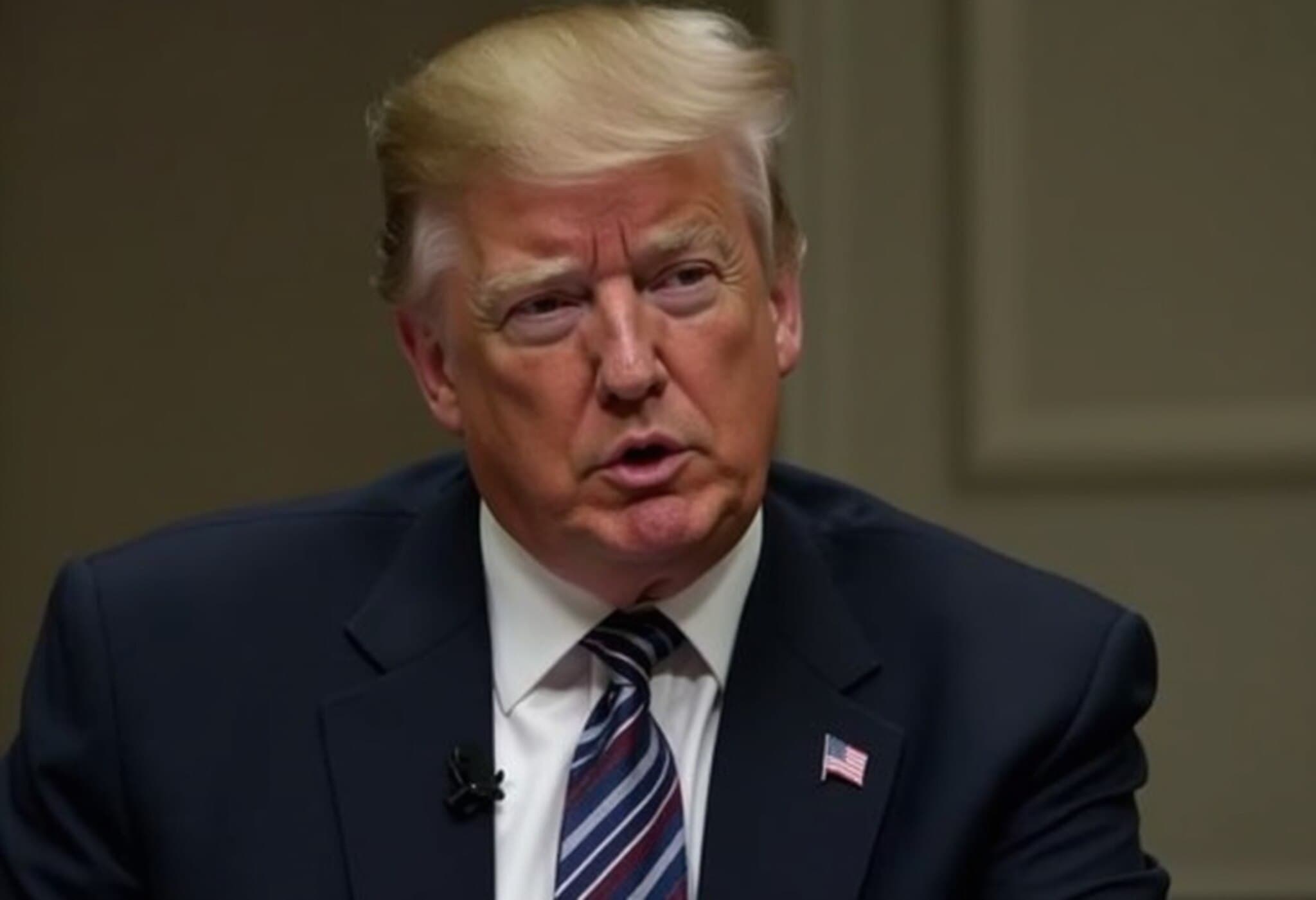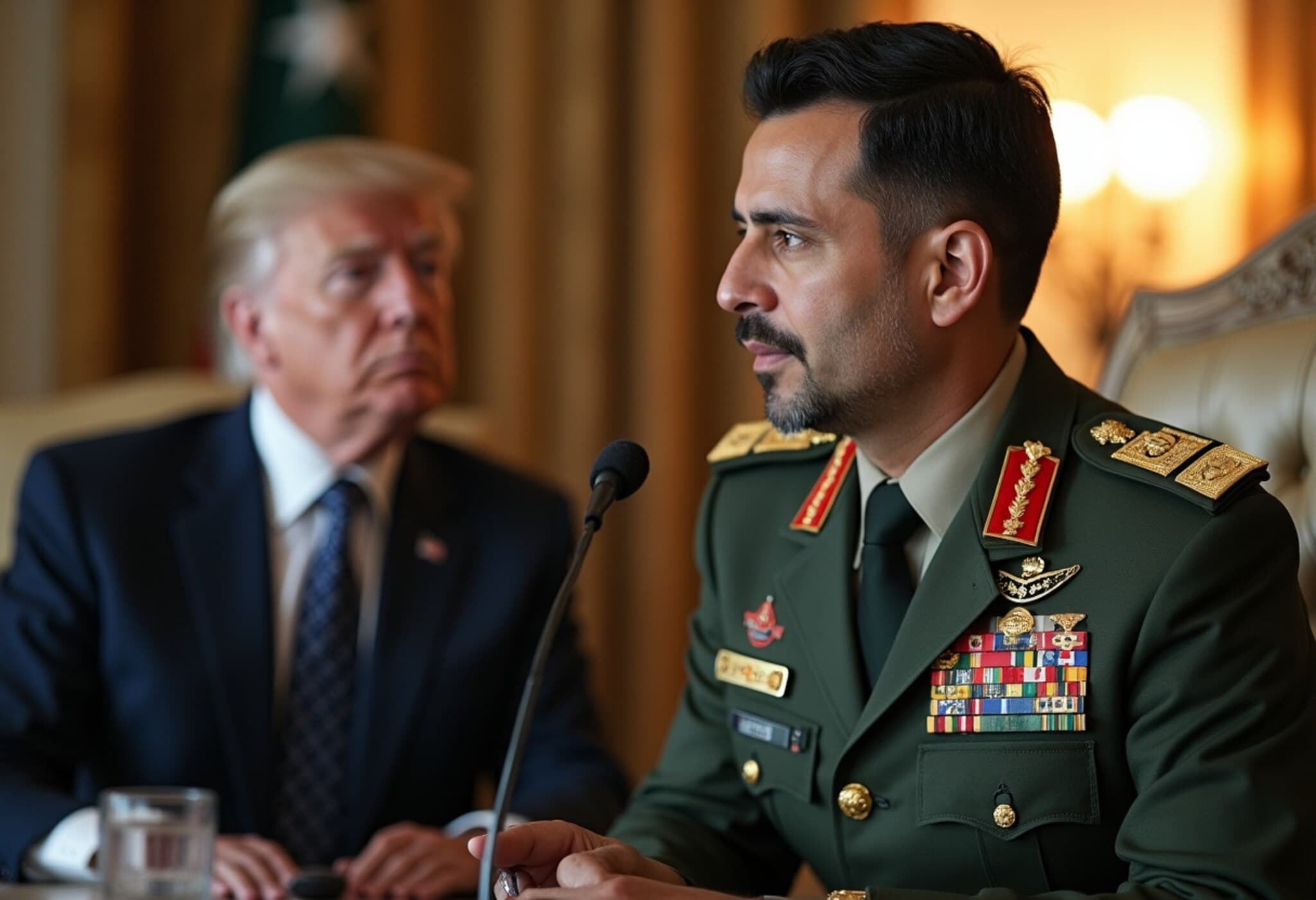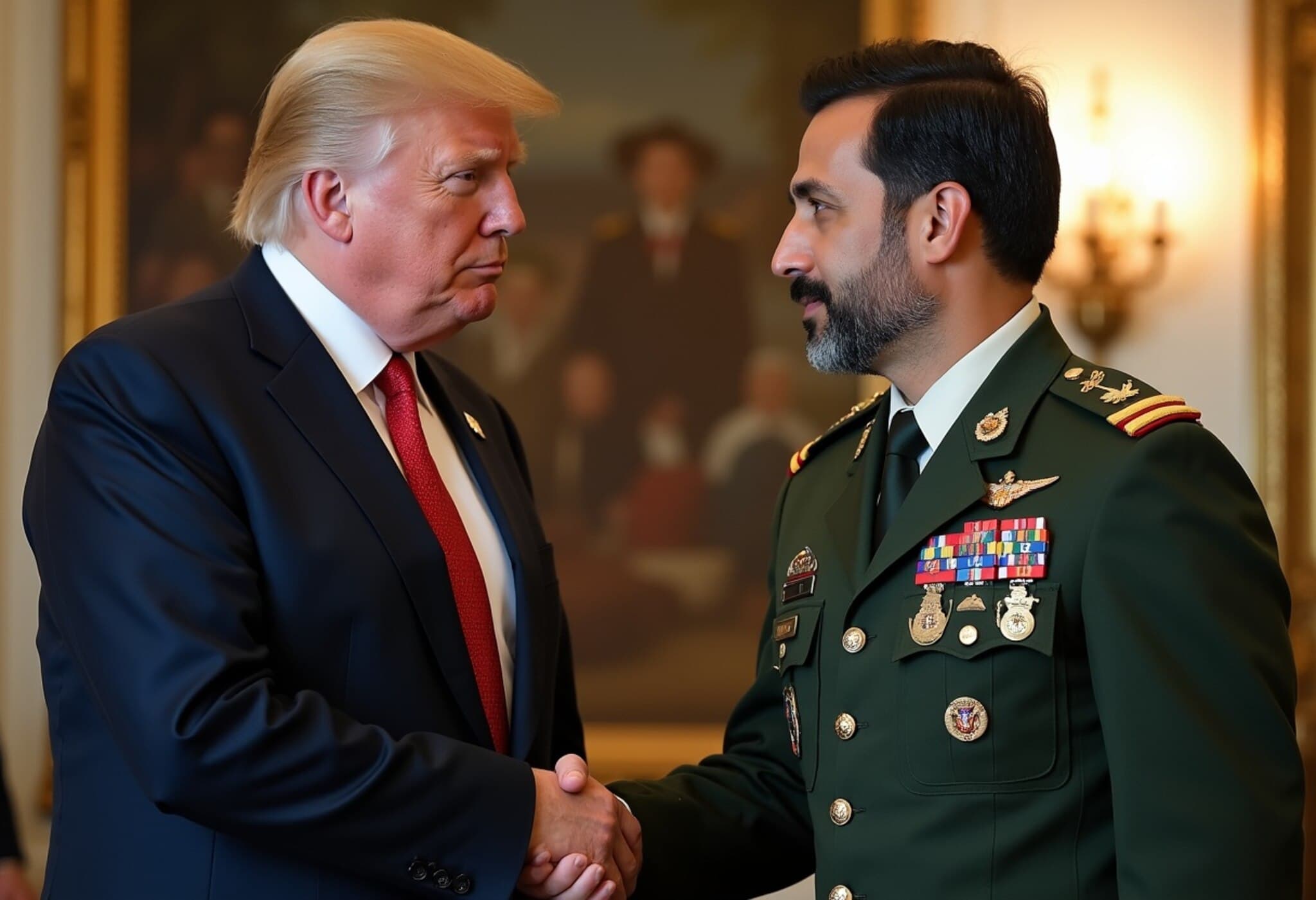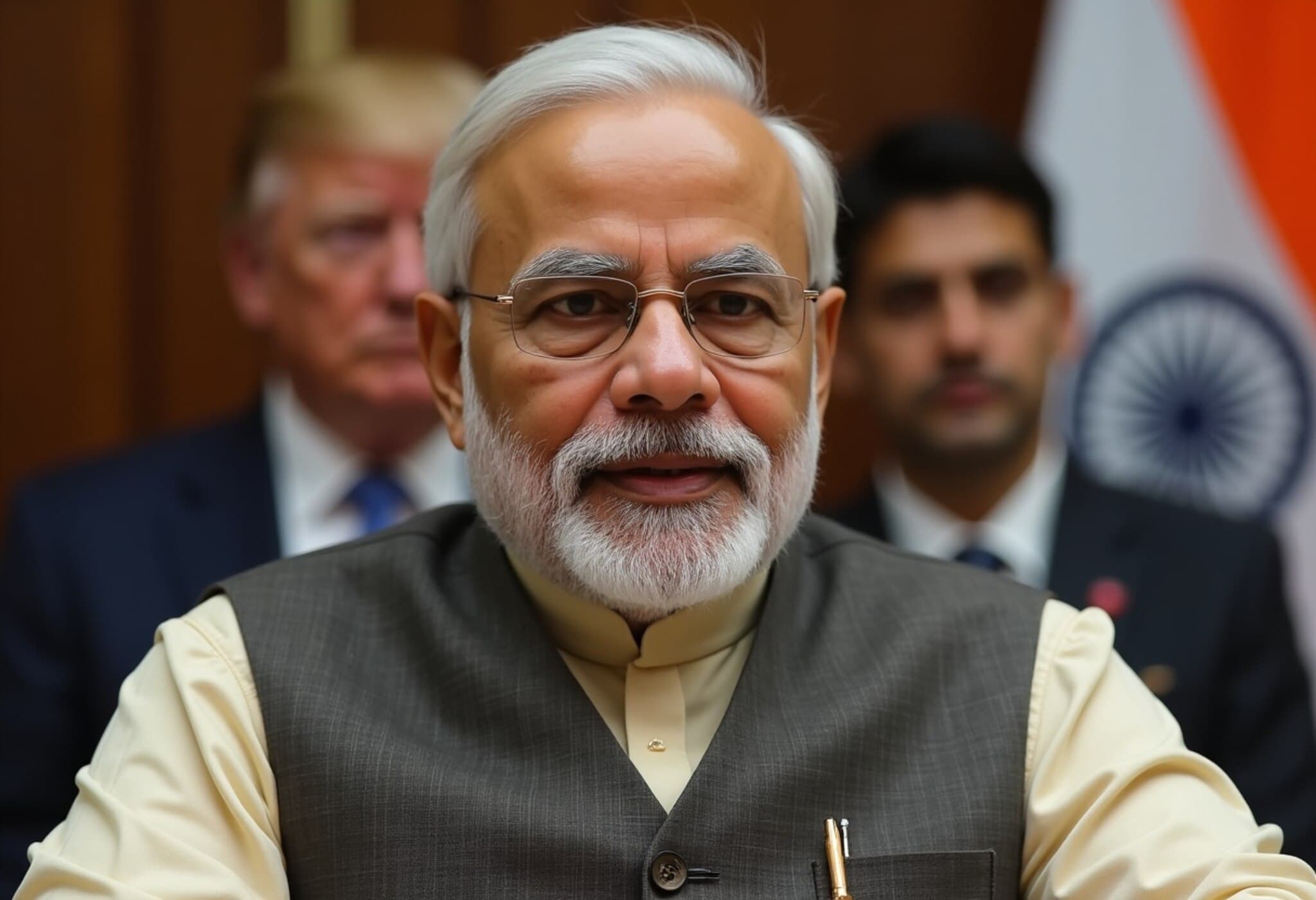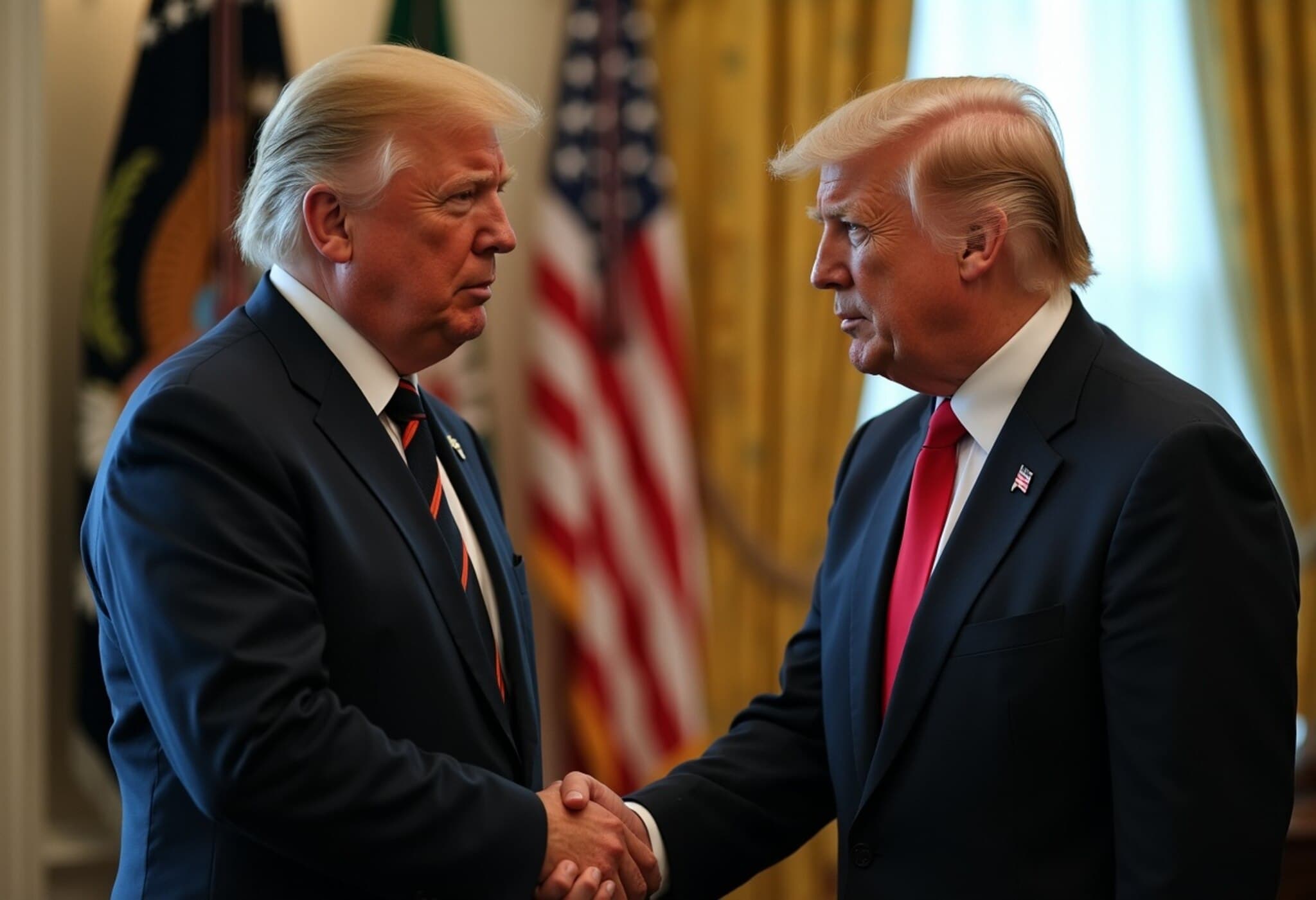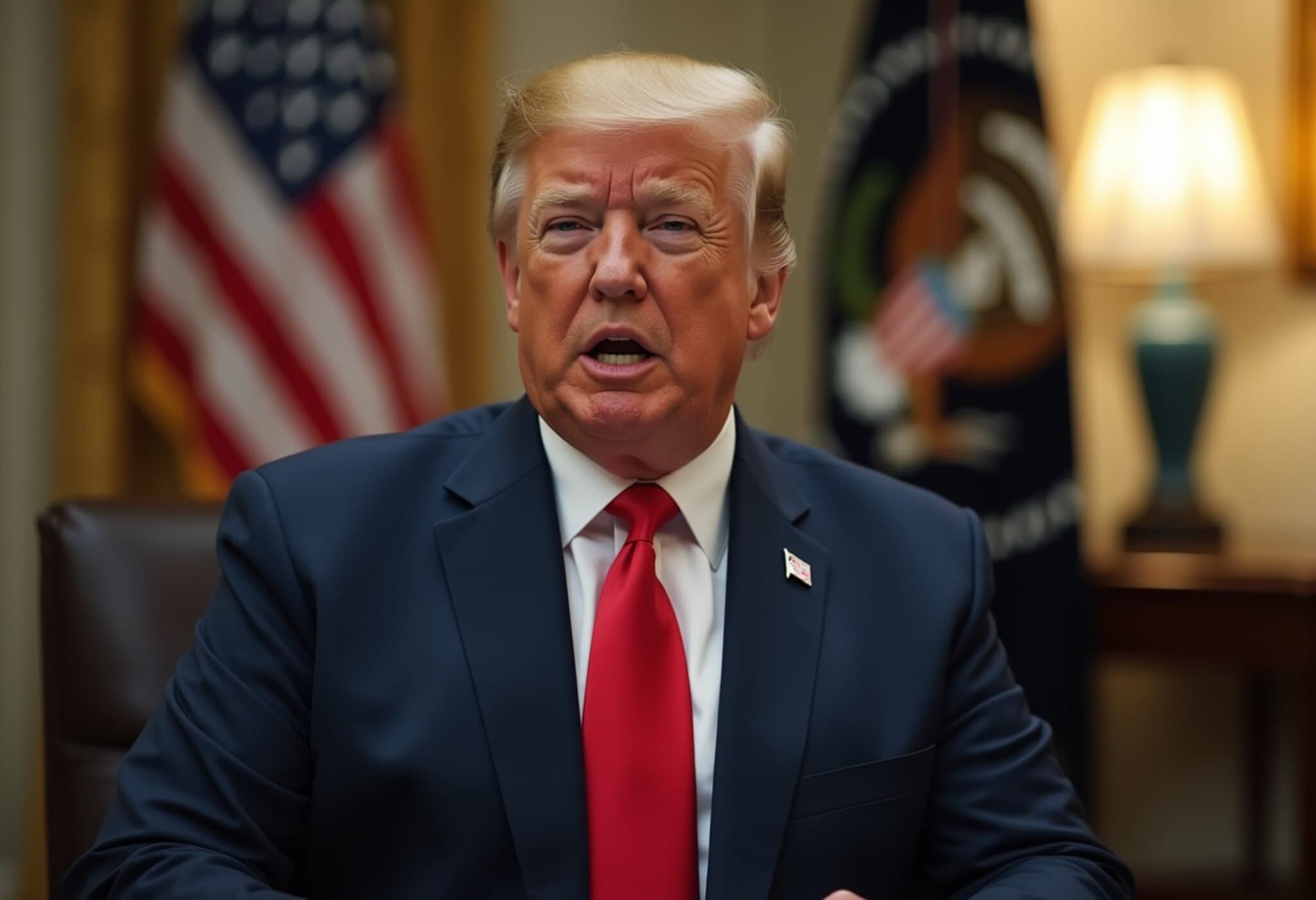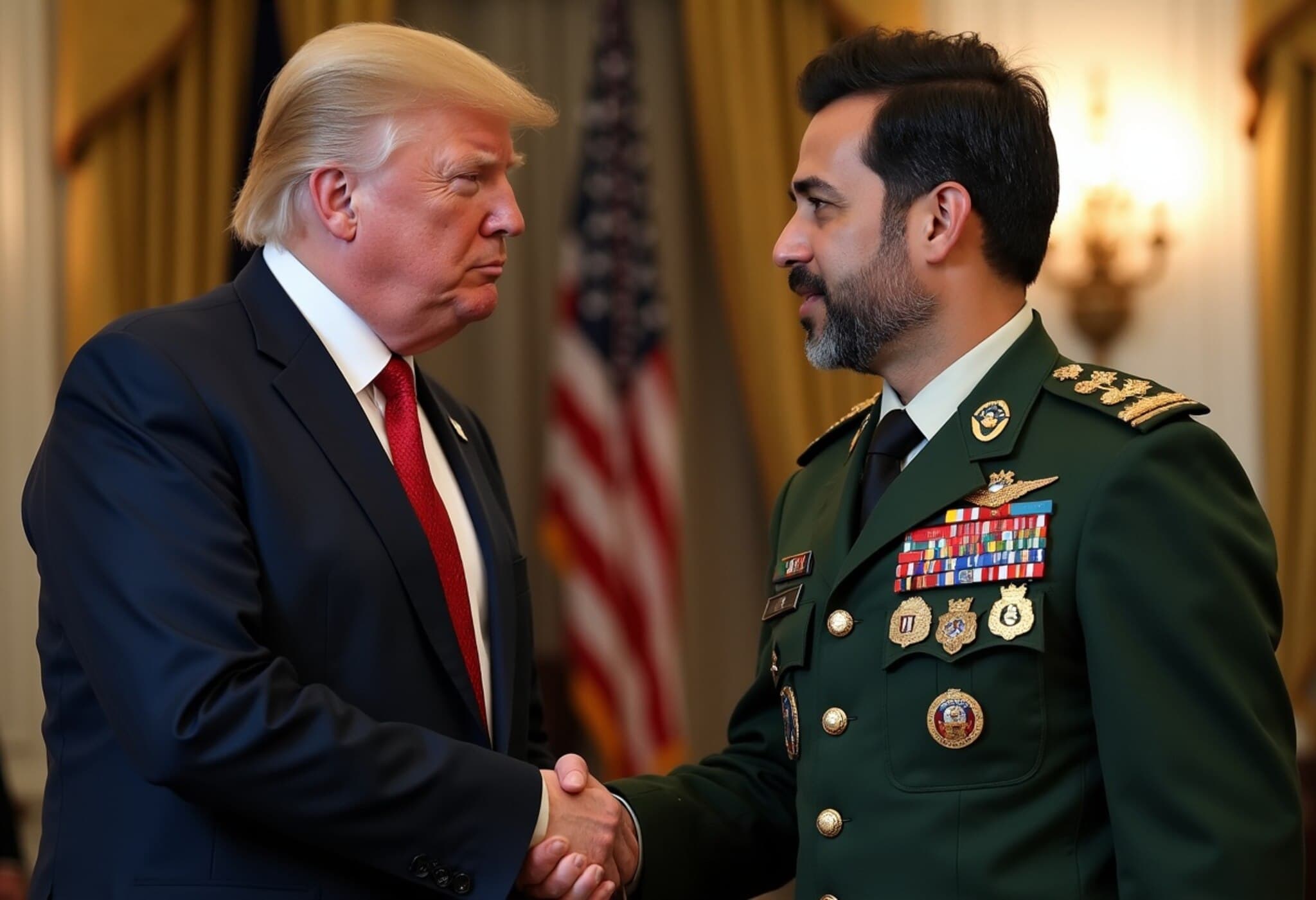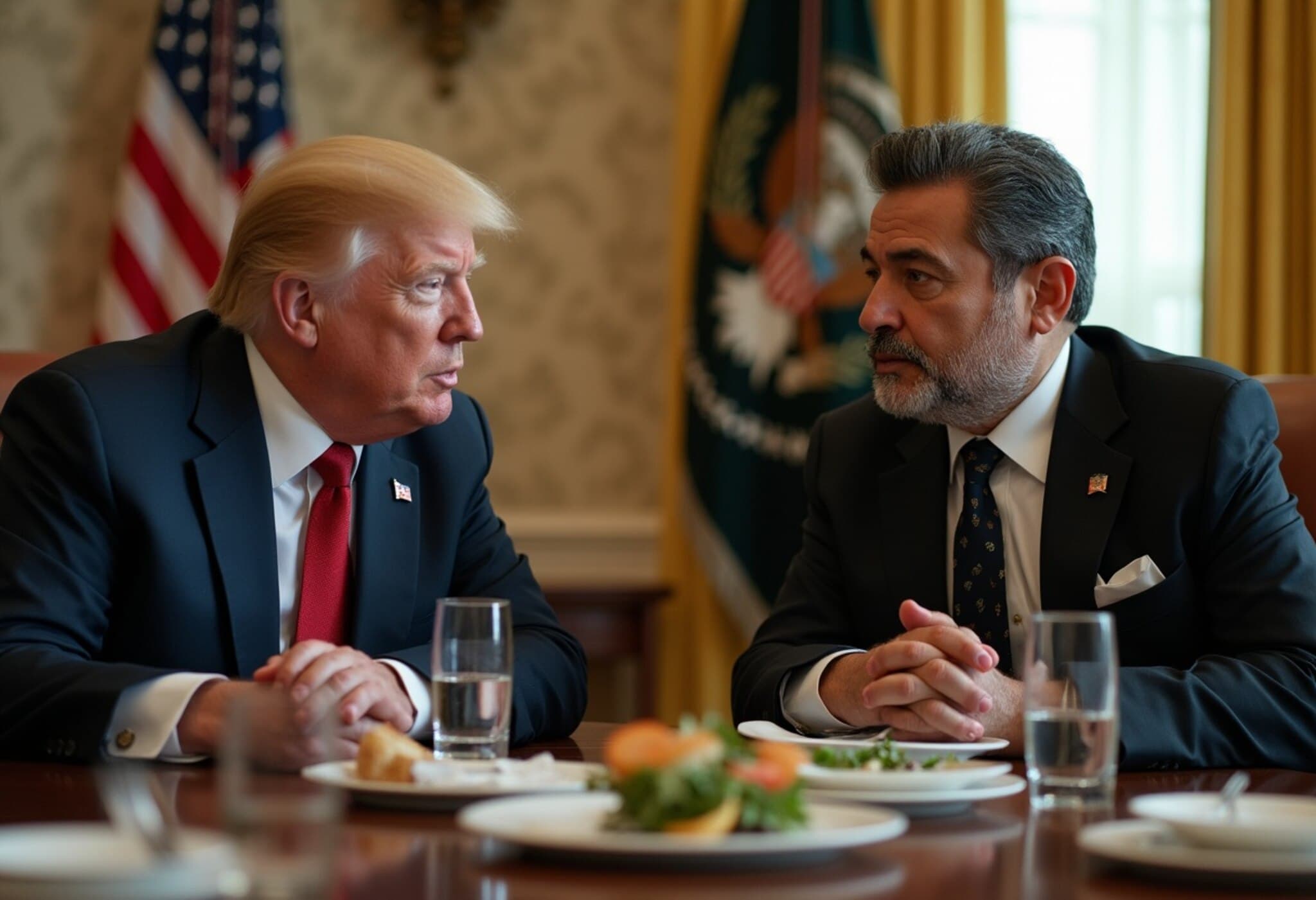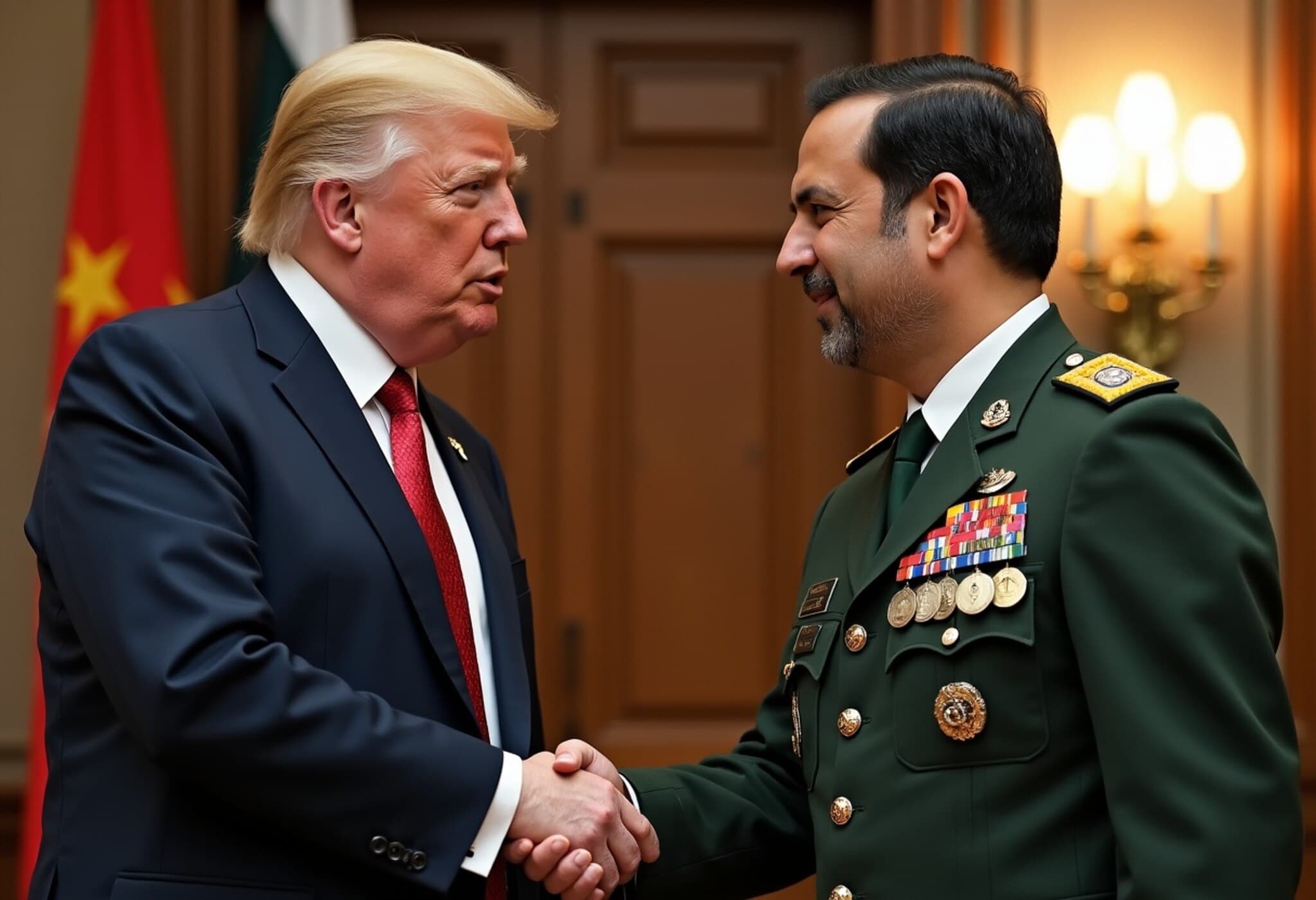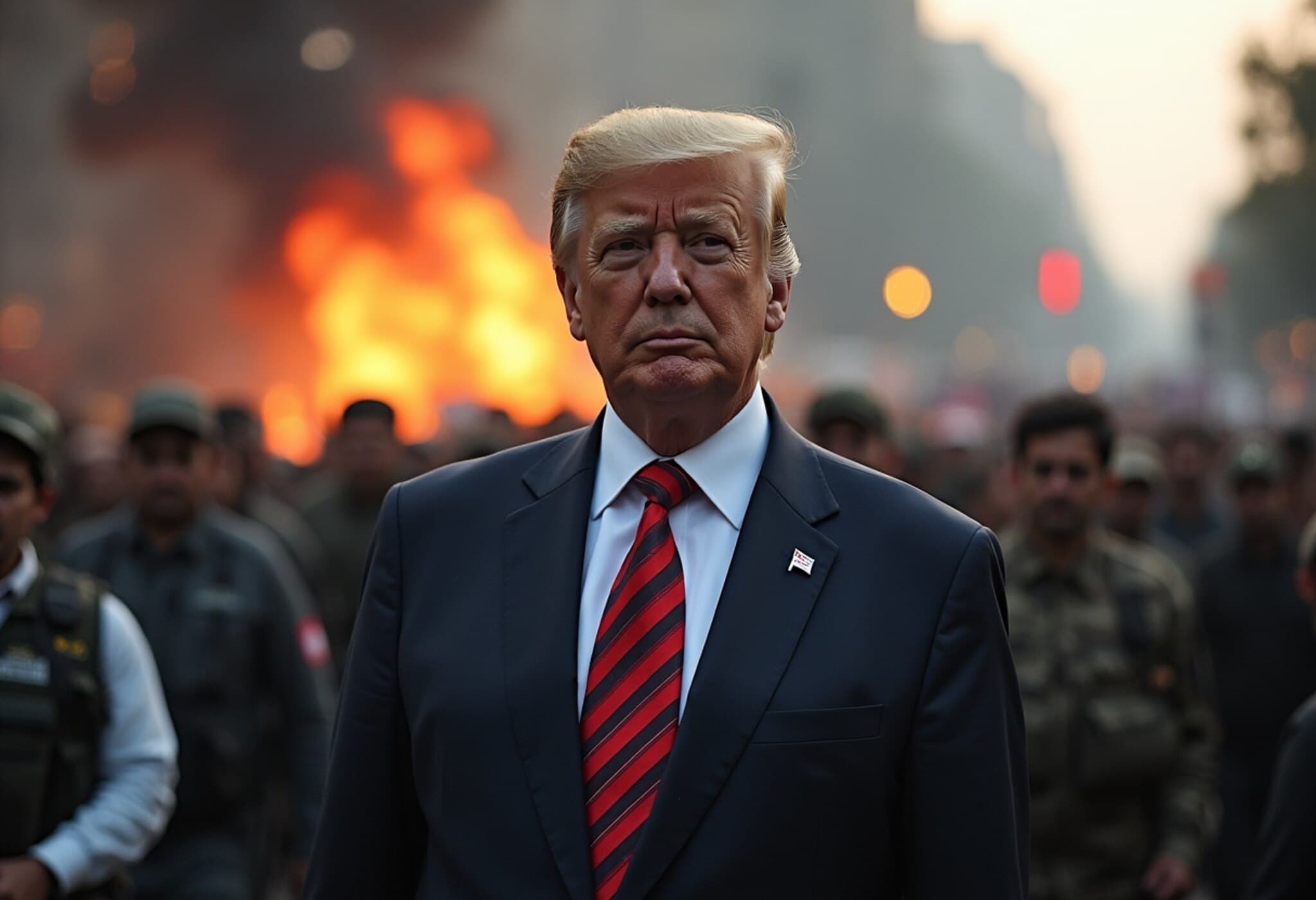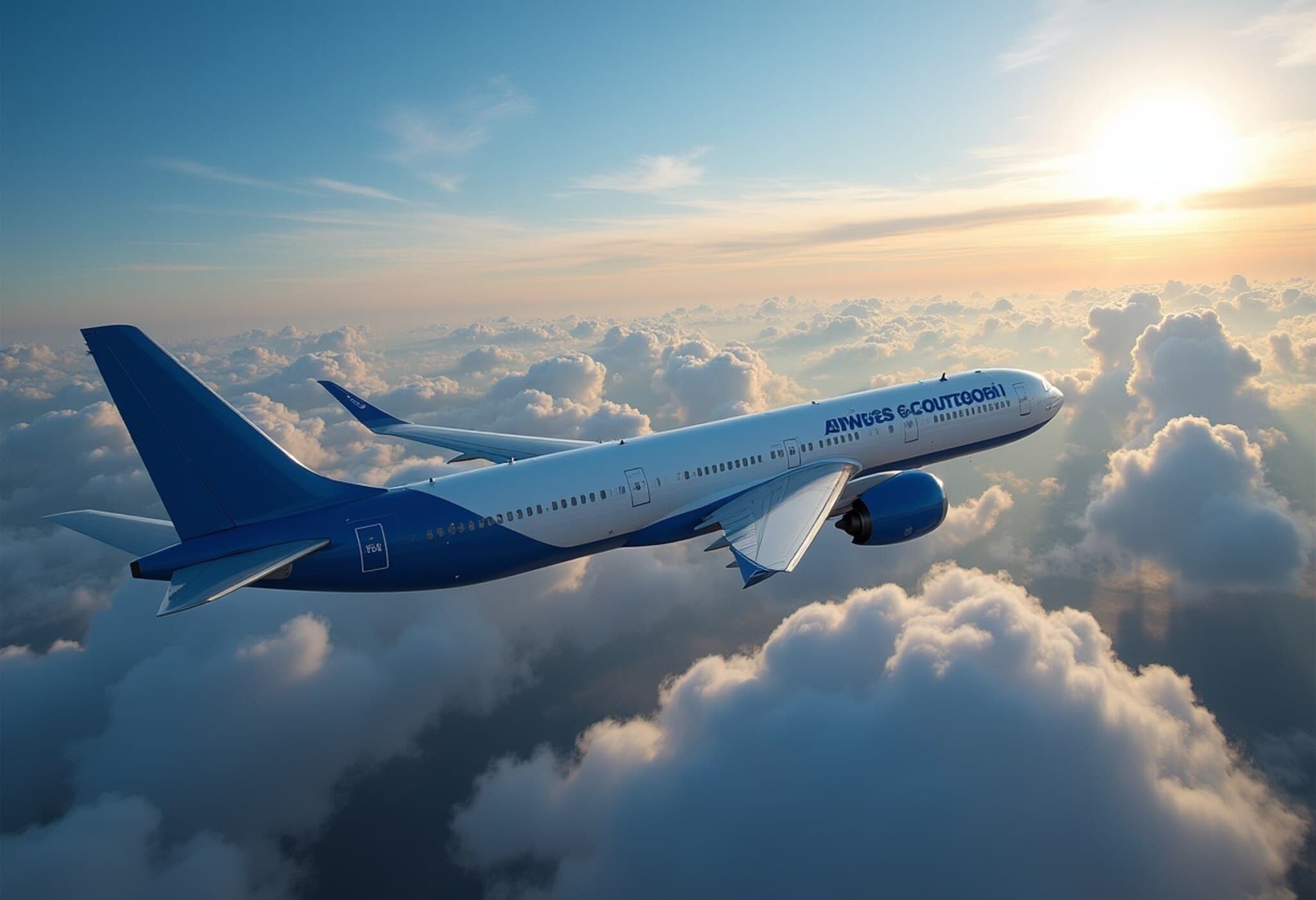Ex-US Envoy Issues Stark Warning About Pakistan’s Military Leadership
Shortly after US President Donald Trump welcomed Pakistan’s army chief, Field Marshal Asim Munir, to the White House, former US Special Envoy for Afghanistan Zalmay Khalilzad issued a pointed caution. Khalilzad underscored Pakistan’s long-standing duplicity in US-Pakistan relations and expressed skepticism about trusting Munir’s intentions.
Past Patterns of Deception
Khalilzad recalled Pakistan’s complex role during the War on Terror — highlighting how, despite receiving substantial US military aid, Pakistan simultaneously provided sanctuary to militant groups targeting American forces. He drew particular attention to the decade-long manhunt for Osama bin Laden, culminating in his detection just miles from a Pakistani military base.
“During our military presence in Afghanistan, Pakistan accepted our assistance while harboring those who attacked our troops,” Khalilzad wrote. “Bin Laden was found nestled near a Pakistani military facility, and Pakistan still retains Dr. Afidi, who helped us locate and eliminate him. The bottom line: Field Marshal Asim Munir cannot be trusted.”
Trump’s Outreach to Pakistan Amid Shifting Alliances
President Trump expressed honor at meeting Munir, calling him a “smart” man. This interaction aligns with Trump’s broader effort to reset relations with Pakistan, a pivot that has strained ties with India. Since Trump's second term began, his administration has challenged Indian positions on Kashmir and other sensitive issues, while pushing for closer engagement with Islamabad—contrasting with the previous US administration that maintained a notably cooler stance.
Munir’s Strategic Objectives in Washington
Khalilzad shed light on Munir’s agenda during the White House visit, describing him as Pakistan’s effective ruler seeking to strengthen his and the military’s standing. Despite Munir’s recent promotion and growing popularity, he faces domestic backlash, particularly over the arrest of former Prime Minister Imran Khan and suppression of the Pakistan Tehreek-e-Insaf (PTI) party.
- Attract US investments in Pakistan’s lucrative mineral sector, channeling funds through military-controlled entities.
- Convince Trump to delegate safeguarding US interests in Afghanistan, including counterterrorism efforts, to the Pakistani military.
- Position himself as a bridge for US-China communications.
- Gain enhanced legitimacy by cultivating an image of US endorsement of his de facto leadership in Pakistan.
Khalilzad warned that outsourcing American security concerns in Afghanistan to Pakistan's military—given its ties with terrorist actors—would be a perilous misstep.
Looking Ahead
The complex interplay between US foreign policy and Pakistan’s military ambitions continues to shape regional stability. Khalilzad’s candid assessment offers critical perspective on the challenges of trusting Pakistan’s leadership, especially amid ongoing geopolitical shifts.


